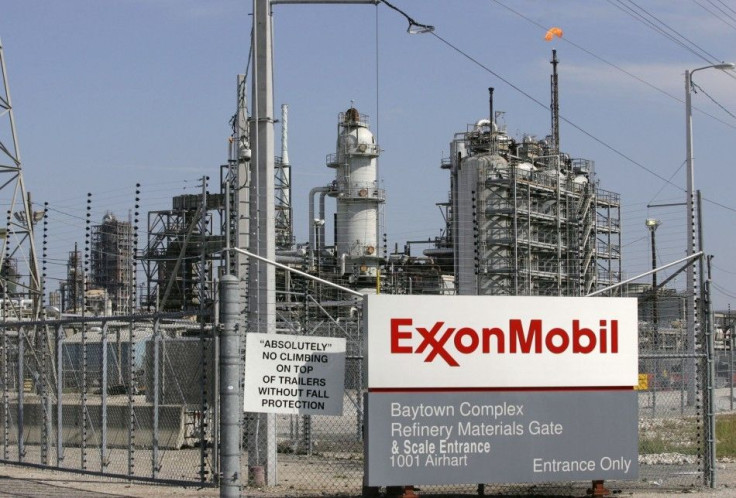Iraq Moves to Cancel ExxonMobil Contract

The risks U.S. oil giant ExxonMobil took on when signing a deal with Iraq's semi-autonomous Kurdistan region could be coming back to hurt them.
Last week, officials from the country's northern region announced the company entered an agreement to explore for oil and natural gas in the area. The news was not met kindly in Baghdad.
At the time, Iraq's oil ministry and the country's central government threatened to cancel the company's lease on a 8.7-billion-barrel oil field to the south, and speaking to Reuters Wednesday, Abdul-Mahdy al-Ameedi, director of the oil ministry's contracts and licensing, said his government fully intends to follow through with the threat.
It's a violation of the contract and the law, Ameedi told Reuters. As a consequence the oil ministry will take steps to end the contract. But this operation will need arrangements.
Since last week, ExxonMobil has refused to comment.
The company is not the only one seeking a foothold in the north of the country. Kurdistan's regional government revealed in recent days it is speaking with two other oil and natural gas companies. Forbes and The Independent have all but confirmed Chevron is also in the running for Kurdistan's oil market share.
Kurdistan's oil and natural gas reserves are said to be vast, and the region's oil production is expected to soar. On Monday, the Kurdish regional government announced that oil exports from the region will increase to 175,000 barrels a day in 2012, up from the current 100,000 barrels.
That companies want in on the action is to be expected, but the pursuit of those riches could further strain relations between Baghdad and Erbil, the region's capital.
Baghdad has long maintained foreign oil deals made directly with the regional government are illegal, and both already have strained relations. Oil exploration in the region has only resumed this year after the region closed off crude exports following a dispute over oil revenue between the region and Baghdad.
It's a relationship that Prime Minister Barham Salih hinted he would like to see improved during a speech Sunday at the region's first Oil and Natural Gas Conference.
I know and you know, there are dissenting voices in certain circles in Baghdad -- we heard few of them recently. My response is that we should move on, said Salih. Eight years on from the demise of Saddam Hussein, Iraq's oil exports are still stagnant and far below what Iraq's reconstruction needs. Iraq needs to maximize revenues in the shortest possible of time to overcome the legacies of destruction, mismanagement and poverty that the former regime has left us.
Once again, I say it to the doubters and dissenters in Baghdad, every barrel of oil produced in Kurdistan is added revenue for all the people of Iraq and this should be the focus of our attention.
© Copyright IBTimes 2024. All rights reserved.





















